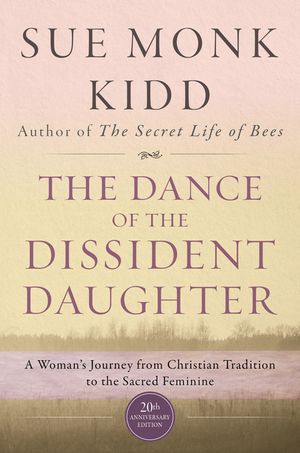TOPIC
Leaving a Religion
The choice to leave one’s religion is highly personal, but the consequences are often social, profoundly disrupting a person's sense of community and belonging. While some of us feel welcomed and supported by those in our lives to find our own spiritual and religious path, some of us can experience anything from unsupportive disinterest to active hostility. Whether through pressure from immediate family members, close community, or larger societal expectations, the decision to drop expected religious practices and beliefs—or adopt new ones—can instigate anything from withdrawal of emotional, social, and financial support to verbal abuse, physical violence, and even execution. When leaving a particularly strict or self-contained religious community, navigating life in a new culture can leave us even more at sea. Finding the strength to align our lives with our values under such circumstances can be exhausting, and discovering a community of solidarity can be a lifeline as we make our way forward.












